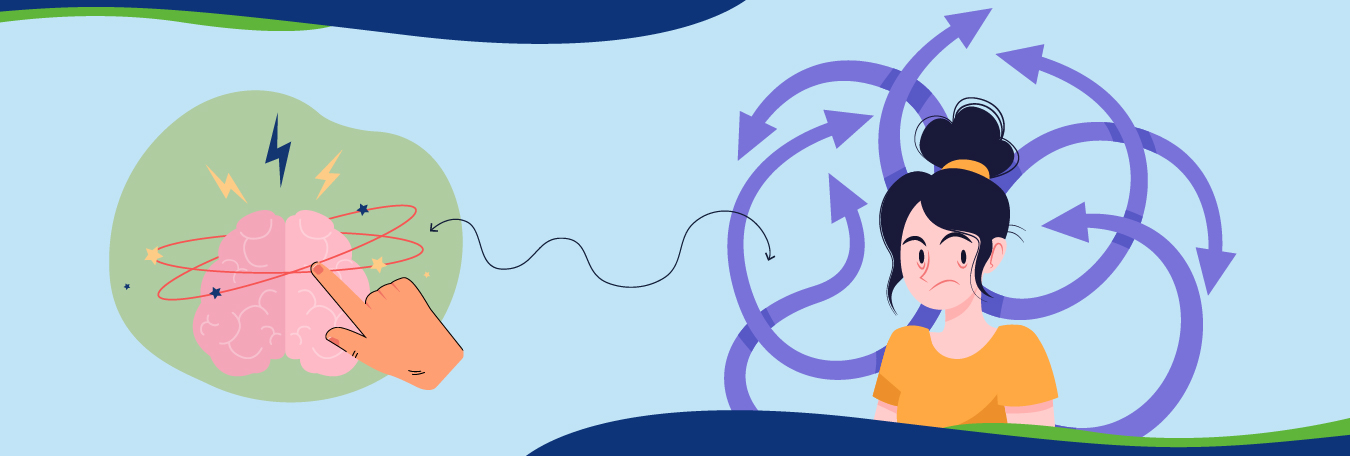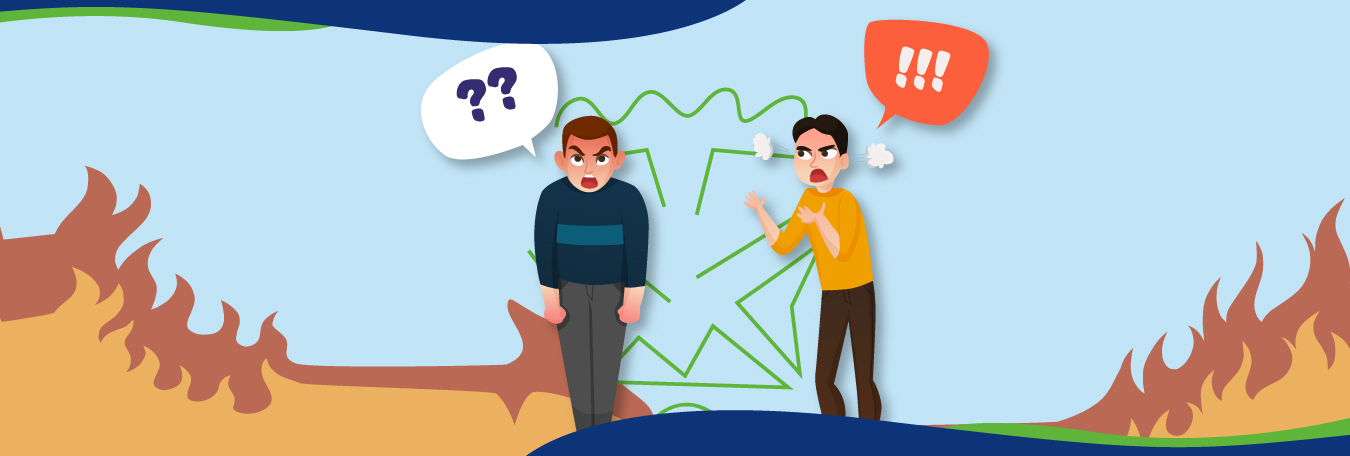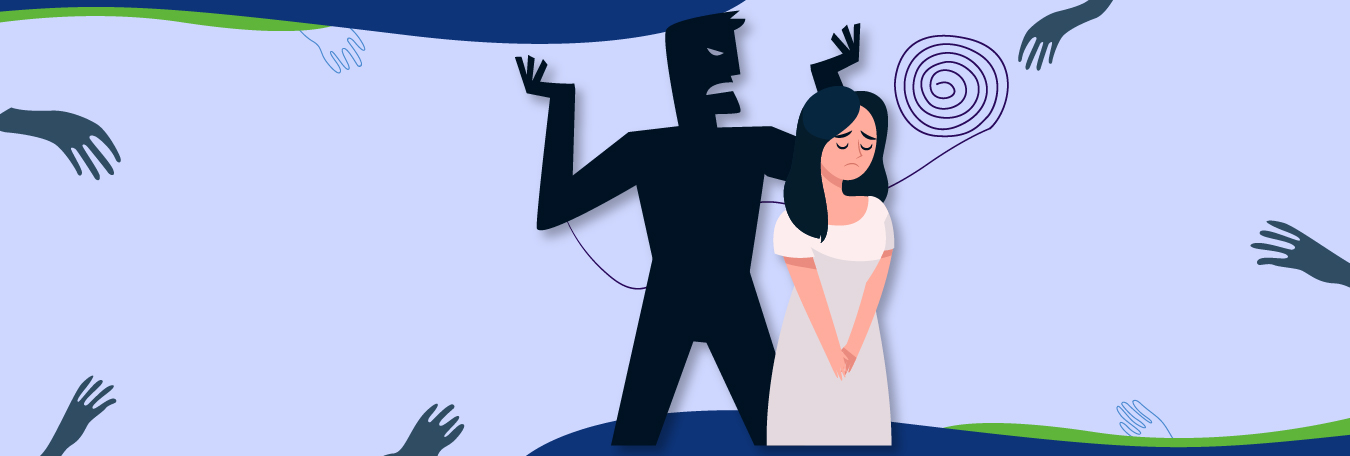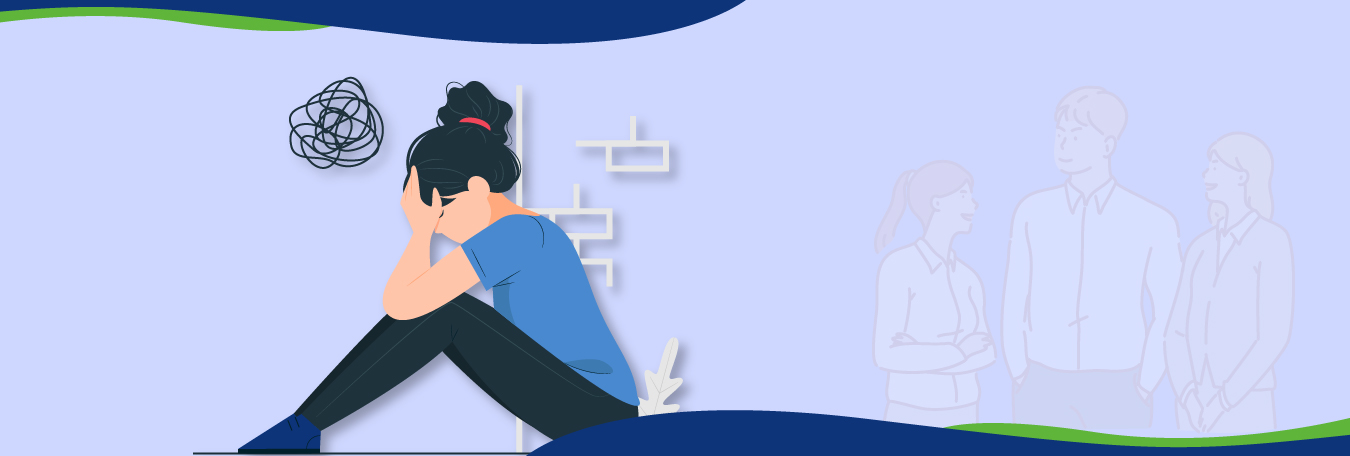Postpartum blues are generally baby blues or maternity blues. This is a self-limited condition that is characterized by mild mood fluctuations and occurs in mothers shortly after childbirth.
This is a normal response. It happens because of the dramatic changes in hormones, such as sudden decreases in progesterone and estrogen, that happen after a mother delivers a baby normally for the first time.
Baby blues are common and sudden in onset. In fact, most new moms usually get baby blues. The hormonal changes cause anxiety, crying, and restlessness. The symptoms usually go away after two to three weeks.
Baby blues are a mild or temporary kind of depression that becomes normal once the hormone balance comes to normal.
Normally, 80 to 85% of new mothers face symptoms of baby blues irrespective of their education, income, race, or other social characteristics. Symptoms normally manifest within 3 to 5 days after childbirth. The mother may feel happy at one time, and at another moment, they might be overwhelmed with crying.
However, it is less disruptive to the daily functioning of life as compared to postpartum depression.
Symptoms
The signs of baby blues are milder. These include:
- Sadness and unhappiness
- Tearfulness and crying for no visible reason
- Mood swings
- Restlessness
- Feeling overwhelmed
- Anxiety and irritability
- Fatigue and difficulty in sleeping
- Loss of appetite
- Difficulty in concentration and making the right choice
These emotional issues are often related to stress and responsibility concerns for a newborn baby, other than hormonal imbalance.
Mothers may also experience negative mood symptoms that are combined with intense periods of joy.
Read More: Perinatal and Postpartum Depression
Duration Of Baby Blues
The defining characteristic of baby blues is their temporary nature. Signs typically go away without treatment own within a few days or weeks after birth. If symptoms remain longer than two weeks, it is recommended that the mother may have a more serious mental condition like postpartum depression (PPD).
Causes
The causes of baby blues are not fully confirmed, but these are largely attributed to the connection with changes that are associated with childbirth.
Biological Factors
The abrupt decline in gonadal hormones, normally estrogen and progesterone, after the delivery of the placenta is a major physiological trigger. These hormonal shifts are similar to the minor ones that cause mood swings before menstrual periods.
Psychosocial Factors
Postpartum depression vs baby blues are major life events that increase a woman’s vulnerability to mood changes.
The factors that contribute to this include fatigue from labor and delivery, the demanding full-time care of infants, lack of sleep, absence of help from family and friends, marital relationship strain, changes in work and home routine, financial stress, and cultural pressures.

Differences Between Postpartum Depression (PPD) and Baby Blues
Both PPD and baby blues are mood-related symptoms after childbirth. They can share some overlapping symptoms, with major differences in the severity of symptoms and their impact on daily functioning.
It is essential to understand the difference between baby blues and postpartum depression, as PPD is a serious mental condition that requires treatment. While baby blues symptoms typically resolve on their own.
Severity
Baby blues symptoms are milder and do not interfere with daily life or the mother’s connection with her child.
PPD symptoms are much more severe. They can mirror major depressive disorders and can make it difficult to perform everyday tasks or care for the child.
Duration
Baby blues last up to two weeks. The PPD situation stays for months or years if it is not treated by professionals and medical practitioners. PPD can start within a few weeks or up to six months after childbirth.
Impact
Baby blues make a mother feel tired or not quite herself, but she can connect with her child and care.
Postpartum depression symptoms can include extreme stress, detachment from the new baby, overwhelming panic or guilt, crying a lot, feelings of inadequacy, difficulty in focus, and even frightening thoughts about harming oneself or the child.
PPD symptoms can be so severe that they make it hard to function in everyday tasks. Also, mothers can encounter difficulty to get out of bed or care for the child. This can majorly interfere with emotional attachment to the new child, potentially it hinder the child’s development and growth.
Treatment
The importance of treatment for postpartum depression varies depending on the condition. PPD absolutely needs treatment for its severity and potential long-term consequences, while baby blues normally resolve on their own.
Read More: Mental Health Tips For Physical And Emotional Well-Being
Early Identification And Intervention Are Critical
Knowledge about the distinctions between postpartum depression vs baby blues is important because PPD is a serious mental condition that needs proper treatment from psychiatrists.
If baby blues symptoms remain more extended than two weeks or are unbearable enough to affect daily functioning, it is necessary to evaluate for PPD.
Here are the treatment options:
Baby Blues
Self-Resolving Nature
Baby blues are very common and self-limited conditions that typically start soon after childbirth. Symptoms normally remain there within 3-5 days after delivery and normally come to normal on their own after 1 or 2 weeks. It does not need medical treatment.
Supportive Measures
While formal medical treatment is not indicated, supportive measures can help relieve symptoms. These include getting enough sleep and rest, taking time to relax, getting help from family and friends, and avoiding alcohol. However, it needs assurance that symptoms are normal and brief.
For example, a normal healthy sleep is much needed because postpartum insomnia can lead to PPD.
Milder Impact
Symptoms of baby blues are milder and less disruptive to daily life as compared to PPD. Women with baby blues usually still connect with and care for their child, even if they feel tired, irritable, or stressed.
Treatment For Postpartum Depression (PPD)
Unlike baby blues, PPD is a very severe mental health disorder that absolutely needs treatment. Its signs and symptoms are constant, the condition remains for days, and will not go away on its own. If it is left untreated, PPD can last for many months or even years.
PPD symptoms are more difficult and can notably hinder daily life. It can make it difficult to perform everyday tasks, get out of bed, and care for a child.
Effective Treatments Exist
Early diagnosis and treatment of PPD are critical for improved outcomes in both the parent and child.
Screening tests for depression are suggested during or after pregnancy. For the diagnosis, specific tools like the Edinburgh Postnatal Depression Scale (EPDS) can help identify women who might have PPD.
PPD can be managed through medication, psychotherapy, and lifestyle changes.
Therapy
Therapy, such as counseling or sessions with mental health professionals and psychiatrists, can help mothers to understand and cope with emotions. They can build coping strategies.
Sometimes antidepressants are also suggested, especially when PPD is severe.
Addressing Stigma And Shame
Many new mothers feel ashamed, embarrassed, or regretful about feeling depressed when they are supposed to be happy, which can prevent them from telling anyone about their symptoms and seeking help. Awareness about PPD is needed in the public, and the enforcement of the treatments.
Stigma and shame are barriers to finding help for young mothers. It is necessary to reassure new parents that low mood symptoms are common and that getting help is a sign of strength.
Read More: Melancholic Depression, The Darkest Mood Disorder
Our Support For Women’s Mental Health
Although it is difficult to predict which women will experience postpartum mood disorder and baby blues. However, it is possible to get treatment if the symptoms get severe.
Consultation is suggested, as this act saves women’s mental health and can take care of their kids.
We provide assistance and help on every scale, from telehealth to psychiatric medication management for the acute mental health of individuals. Our psychiatrists are professionals and have years of experience dealing with every mental disorder.
Contact us and book an appointment. Ask if you have any questions.




